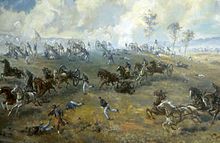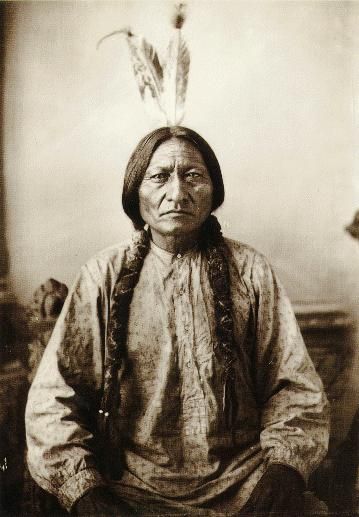You can watch it if you can stand it. My position is that at least it’s out of the way and we can concentrate on what makes Jon good and not on what makes him suck. My activist brother was worried that it will be just another one of these love fests where Jon decides not to burn his Rolodex by asking only softball questions, big and fat and right over the heart of the plate (oh, and he’s bi-partisany about it too, anyone remember John McCain?).
My brother was exactly right.
Obama on The Daily Show: ‘Executive order: Jon Stewart cannot leave’
by Rory Carroll, The Guardian
Tuesday 21 July 2015 19.54 EDT
With Obama approaching his final year in the White House and Stewart nearing the end of his 16-year-run as host of the Comedy Central flagship, the encounter had a valedictory air.
The Iran nuclear deal, as expected, featured prominently. Obama joked that critics of the deal seemed to think that “if you had brought Dick Cheney to the negotiations everything would be fine”.
Stewart noted his guest’s recent run of victories: “It appears that you’re feeling it a little bit right now. Do you feel like seven years in ≥”
“I know what I’m doing,” Obama interrupted. “A lot of the work that we did early starts bearing fruit late. The way I’m feeling right now is, I’ve got 18 months.” He vowed to tackle climate change and fuel-efficiency standards before leaving power.
…
Obama said he felt strongly that “stuff gets better if we work at it and we stay focused on where we are going”. He said the “Hope” posters from his 2008 election run gave some the impression that everything would be fixed right away.“We didn’t make those. You made those,” Stewart noted.
The president conceded many goals will remain unmet when he leaves office in 2017. “You’re always going to fall short, because if you’re hitting your marks, that means you didn’t set them high enough. We don’t score a touchdown every time, but we move the ball forward.”
Hmm… what would Dr. King have to say about that?
As the weeks and months went by, we realized that we were the victims of a broken promise. A few signs, briefly removed, returned; the others remained.
As in so many past experiences, our hopes had been blasted, and the shadow of deep disappointment settled upon us. We had no alternative except to prepare for direct action, whereby we would present our very bodies as a means of laying our case before the conscience of the local and the national community.
…
Oppressed people cannot remain oppressed forever. The yearning for freedom eventually manifests itself, and that is what has happened to the American Negro. Something within has reminded him of his birthright of freedom, and something without has reminded him that it can be gained. Consciously or unconsciously, he has been caught up by the Zeitgeist, and with his black brothers of Africa and his brown and yellow brothers of Asia, South America and the Caribbean, the United States Negro is moving with a sense of great urgency toward the promised land of racial justice. If one recognizes this vital urge that has engulfed the Negro community, one should readily understand why public demonstrations are taking place. The Negro has many pent-up resentments and latent frustrations, and he must release them. So let him march; let him make prayer pilgrimages to the city hall; let him go on freedom rides–and try to understand why he must do so. If his repressed emotions are not released in nonviolent ways, they will seek expression through violence; this is not a threat but a fact of history.
…
I feel impelled to mention one other point in your statement that has troubled me profoundly. You warmly commended the Birmingham police force for keeping “order” and “preventing violence.” I doubt that you would have so warmly commended the police force if you had seen its dogs sinking their teeth into unarmed, nonviolent Negroes. I doubt that you would so quickly commend the policemen if you were to observe their ugly and inhumane treatment of Negroes here in the city jail; if you were to watch them push and curse old Negro women and young Negro girls; if you were to see them slap and kick old Negro men and young boys; if you were to observe them, as they did on two occasions, refuse to give us food because we wanted to sing our grace together. I cannot join you in your praise of the Birmingham police department.
In a democratic system our representatives are not without agency and power, to pretend otherwise is a lie.
And the Party Platform? A broken promise.
It’s not about the morality of the victim, it’s about the motivation of the rapist and consent
Tonightly we’ll be talking about the Ashley Madison hack and, of course, the Cos. Our panel will be 50 Cent, Judd Apatow, and Rachel Feinstein.
Discontinuity
Not just a step, a giant leap for ass kind
This week’s guests-
- Tuesday 7/21: Barack Obama
- Wednesday 7/22: Jake Gyllenhaal
- Thursday 7/23: Ta-Nehisi Coates
Paul Rudd’s web exclusive extended interview and the real news below.



